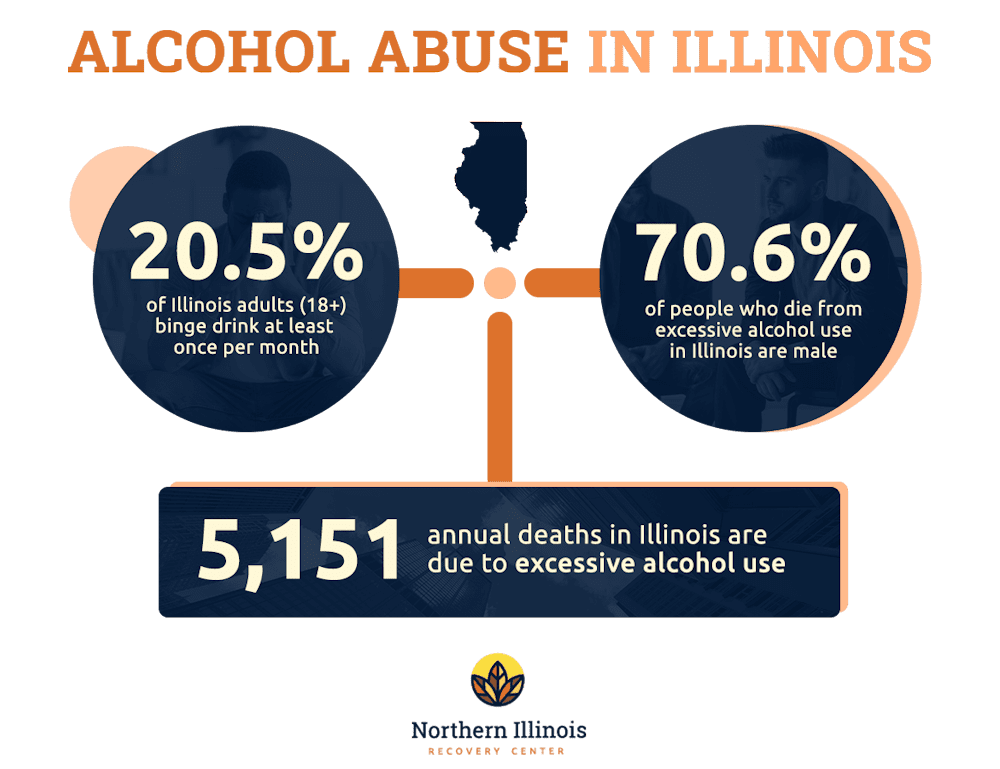 What is Alcohol Awareness Month?
What is Alcohol Awareness Month?
Alcohol Awareness Month is an annual public health campaign held in April to increase awareness and education about alcohol-related issues. It was first established in 1987 by the National Council on Alcoholism and Drug Dependence (NCADD). The goal of Alcohol Awareness Month is to encourage people to make informed decisions about their drinking, as well as to reduce the stigma associated with alcohol misuse and addiction. Activities during Alcohol Awareness Month may include events, such as lectures, seminars, support groups, and other activities designed to spread awareness.
What is the National Council on Alcoholism and Drug Dependence (NCADD?)
The National Council on Alcoholism and Drug Dependence (NCADD) is a non-profit organization dedicated to educating the public about the risks associated with alcohol and drug use. Founded in 1944, NCADD works to create awareness, provide support for individuals struggling with addiction, and offer resources for recovery. It offers educational materials, including brochures and posters, that can be used during Alcohol Awareness Month. NCADD also holds annual events throughout the month of April to highlight the importance of alcohol education and prevention.
Why is Alcohol Awareness Month Important?
Alcohol Awareness Month is important because it helps raise awareness about the dangers of alcohol abuse. According to the Centers for Disease Control and Prevention, more than 88,000 deaths occur each year due to excessive drinking. It is important to recognize the potential harm that can be caused by abusing alcohol and to identify risk factors that may lead to problem drinking.
Additionally, Alcohol Awareness Month serves as a reminder of how we can all help support those struggling with addiction in our communities. It provides an opportunity for people to educate themselves on the impact of alcohol use disorder and how they can support individuals in need.
The Stigma Around Alcoholism
Another important reason that Alcohol Awareness Month is important is due to the social stigma associated with alcohol abuse. Many individuals who are struggling with addiction may be reluctant to seek help. This is because they might feel ashamed or embarrassed of their problem and fear that other people may judge them. That said, it’s important to understand that alcoholism is a disease and should not be viewed as a moral failing. If someone is struggling with an alcohol problem, it’s essential that they receive professional treatment in order to get better. It’s also important for friends and family members to provide support and understanding instead of judgment or criticism.
Alcohol Abuse Statistics in The United States
According to the National Institute on Alcohol Abuse and Alcoholism, over 15 million adults in the United States have an alcohol use disorder. Of those, around 8 million are men and 5 million are women. Additionally, more than 623,000 adolescents between ages 12-17 in the United States also struggle with an alcohol use disorder. In terms of deaths related to alcohol abuse, around 88,000 people die from alcohol-related causes every year in the United States. This figure makes up around 30 percent of all drug overdose deaths in the country, making alcohol one of the leading causes of preventable deaths.
Alcohol Abuse Statistics in Illinois
 According to the Illinois Department of Human Services, around 482,000 adults in Illinois suffer from an alcohol-related disorder. Of those, nearly 70 percent are men and 30 percent are women. Additionally, more than 43,000 adolescents between ages 12-17 in Illinois also struggle with alcohol abuse or dependence. In terms of deaths related to alcohol abuse, there were 1,209 fatalities attributed to excessive drinking in 2017. This number is lower than the national rate but still remains a major cause of preventable death in Illinois.
According to the Illinois Department of Human Services, around 482,000 adults in Illinois suffer from an alcohol-related disorder. Of those, nearly 70 percent are men and 30 percent are women. Additionally, more than 43,000 adolescents between ages 12-17 in Illinois also struggle with alcohol abuse or dependence. In terms of deaths related to alcohol abuse, there were 1,209 fatalities attributed to excessive drinking in 2017. This number is lower than the national rate but still remains a major cause of preventable death in Illinois.
Other statistics surrounding alcoholism in Illinois:
- Adults in Illinois binge drink at a median of 1.9 times monthly. The top 25% of the most active drinkers binge 4.4 times per month.
- Nearly 70.6% of individuals who die from alcohol abuse in Illinois identify as male.
- Taxpayers in Illinois spent roughly $9.716 billion due to alcohol abuse in 2010. If you adjust this number for inflation that’s equal to $13.116 billion in 2022.
- 48% of individuals who due to alcohol abuse do meet the legal age to be drinking (they’re under 21).

What Can You Expect During Alcohol Awareness Month?
During Alcohol Awareness Month many organizations and individuals take part in events and activities to raise awareness about the dangers of alcohol abuse. These activities often include rallies, seminars, conferences, workshops, and other forms of education centered around alcohol abuse prevention. There is also a day dedicated solely to Alcohol Awareness Day on April 7th. On that day, people are encouraged to participate in events such as marches, candlelight vigils, or special ceremonies honoring those who have been affected by alcohol-related issues.
How Can I Observe Alcohol Awareness Month?
Participating in Alcohol Awareness Month is an important way to help reduce the impact of this serious problem. Here are some ways to observe Alcohol Awareness Month:
- Participate in educational talks or events hosted by local organizations
- Volunteer with recovery centers or shelters that provide services for individuals struggling with alcohol abuse
- Donate to a cause dedicated to helping those affected by alcohol abuse
- Spread awareness through social media posts and other forms of online communication
- Wear a red ribbon that symbolizes the prevention of alcohol addiction and misuse
- Encourage friends, family, and co-workers who struggle with alcohol addiction to get help
- Participate in the alcohol-free weekend by spending 72 hours without alcohol
- Throw ‘clean’ parties, or parties that do not have any alcohol
There are a variety of ways to show support during Alcohol Awareness Month. You can search online and on popular social media platforms for different places that are providing information and resources.
Are There Any Events in Illinois to Support Alcohol Awareness Month?
Yes, there are a variety of events in Illinois to support Alcohol Awareness Month. For example, the Illinois Department of Human Services typically hosts an online virtual event on April 1st for alcohol and drug abuse prevention education. Additionally, the Chicago Public Health Department is offering free resources for health education around alcohol as part of its Alcohol Education Series throughout April. There are also many public service announcements and social media campaigns encouraging responsible drinking during Alcohol Awareness Month in Illinois.
How Can Someone I Know Get Help for Alcoholism?
 If someone you know is struggling with alcohol addiction, the best thing you can do is encourage them to seek help. There are a variety of resources available to help those dealing with alcohol issues, including support groups, counseling, treatment centers, and more. Northern Illinois Recovery Center offers comprehensive alcohol addiction treatment. This includes several treatment options such as:
If someone you know is struggling with alcohol addiction, the best thing you can do is encourage them to seek help. There are a variety of resources available to help those dealing with alcohol issues, including support groups, counseling, treatment centers, and more. Northern Illinois Recovery Center offers comprehensive alcohol addiction treatment. This includes several treatment options such as:
- Outpatient Treatment
- Intensive Outpatient Treatment
- Partial Hospitalization Program
- Residential Treatment
- Detox
Additionally, local organizations such as Alcoholics Anonymous may provide individual or group counseling for those looking for help with their drinking problem. It’s important to remember that alcoholism is a treatable condition and many people are able to gain control over their addiction with the right kind of care and support.
For More Information on Alcohol Addiction Contact Northern Illinois Recovery
If you or a loved one is suffering from alcohol addiction reach out to Northern Illinois Recovery today. We offer the full continuum of care to help individuals overcome alcoholism and other forms of addiciton. Our team of treatment professionals will work with you to develop an individualized plan that will help you overcome substance abuse. To learn more about the types of programs and therapies we offer please contact us today!




